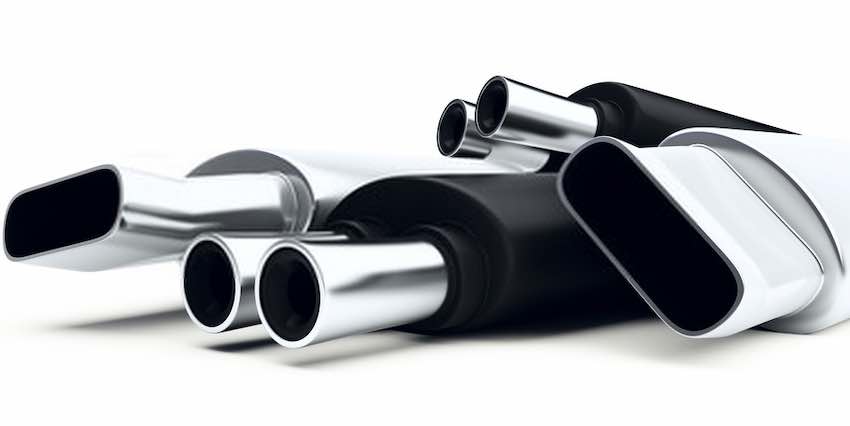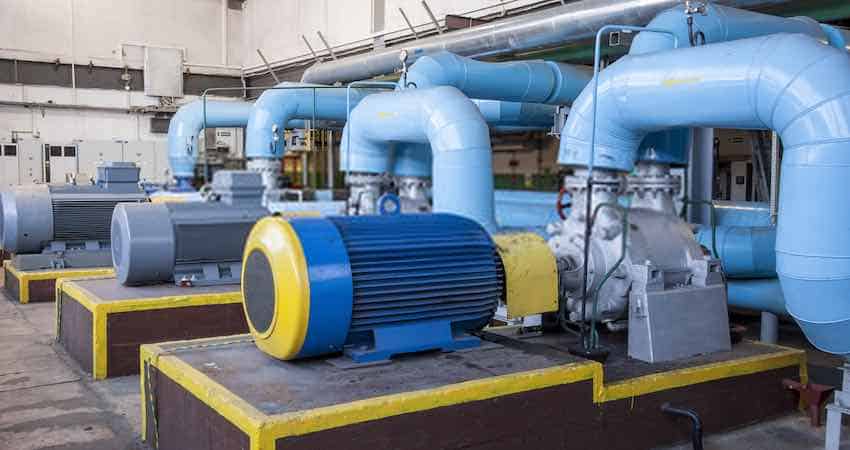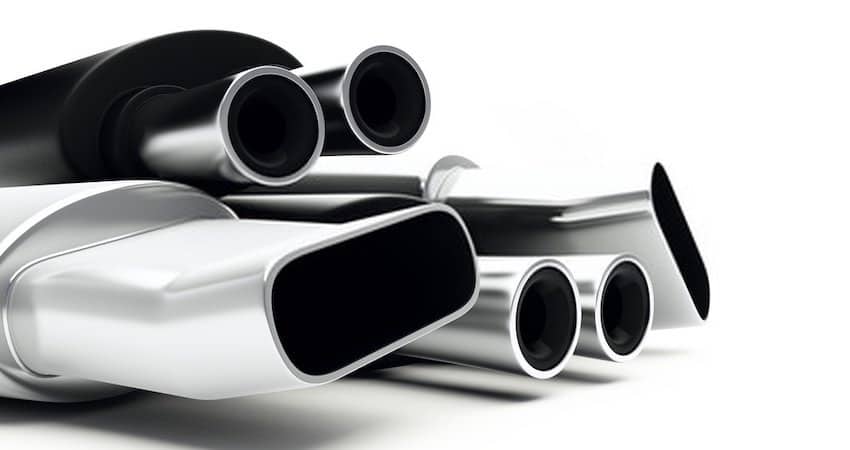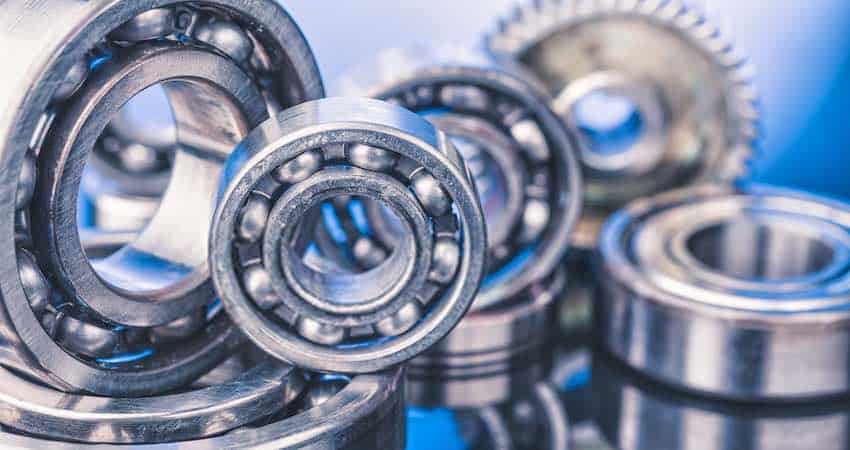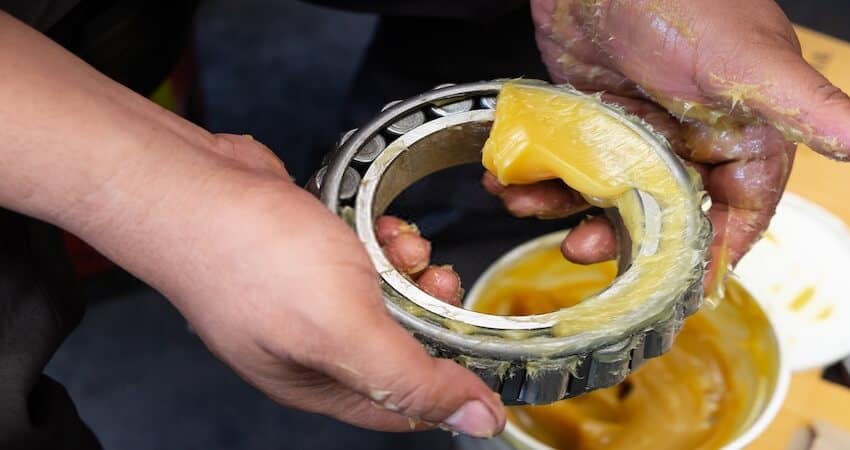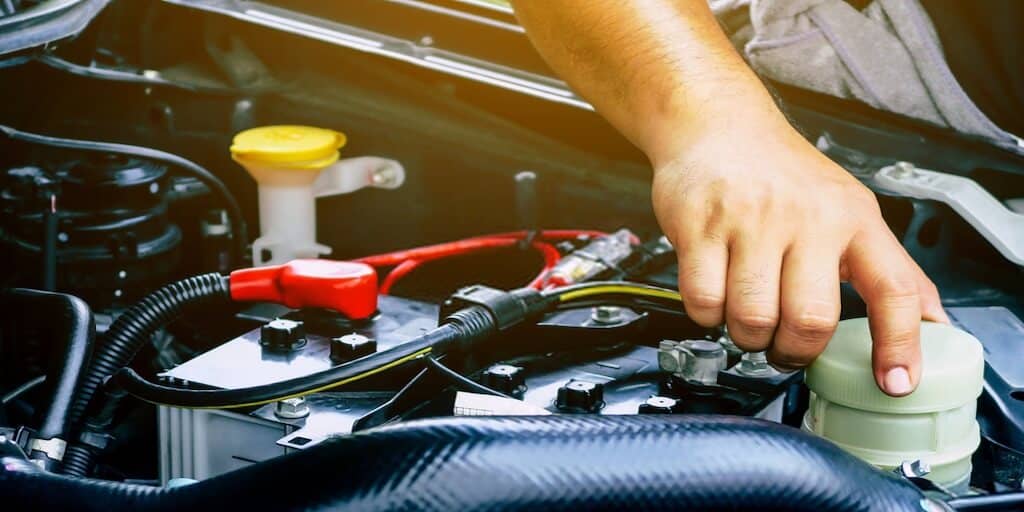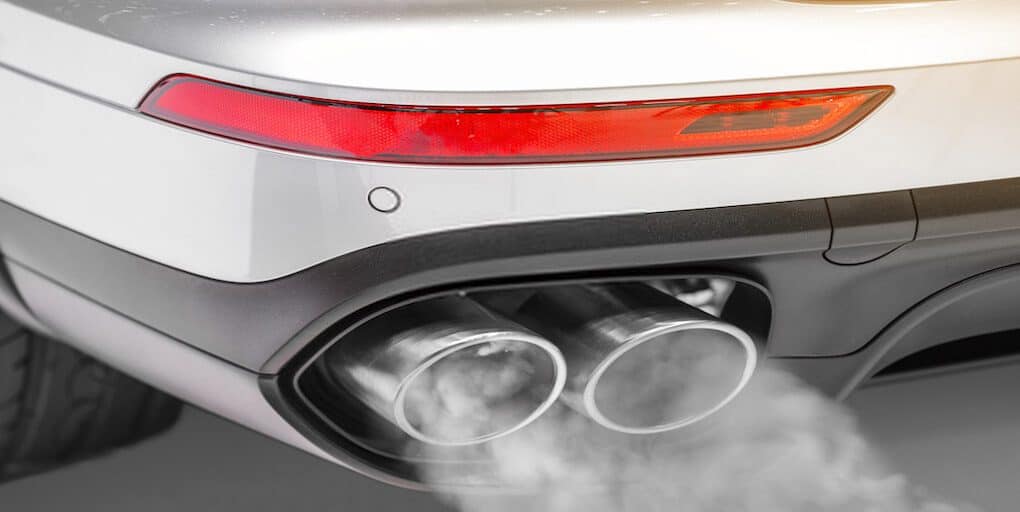As an Amazon Associate, we earn from qualifying purchases at no extra cost to you.
Car engine noises are the last thing you would wish to hear from your car. The engine is the heart of your car. When there is a problem with it, no other part of your car will function.
So, if you hear ticking noises or clicking sounds from your engine, you need to identify their source and fix them.
In this article, we will explain to you why your engine will make ticking and clicking noises.
Why a Car Engine Makes Ticking and Clicking Noises
1. Low Level of Engine Oil
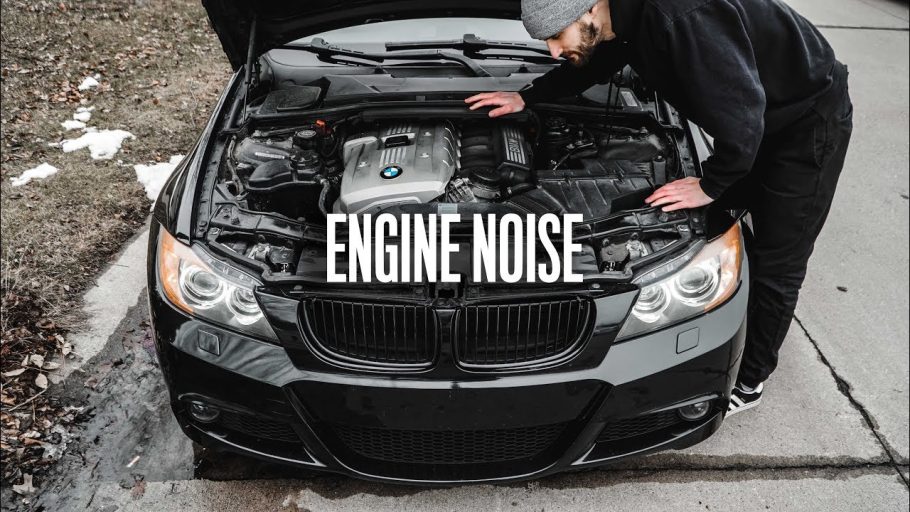
When your engine has a low level of oil, it will cause engine components to valvetrain and make some ticking sounds. This is because the components won’t be well lubricated.
Some of the reasons why your engine oil level goes low could be due to leakages. Check your seals and gaskets. Ensure they aren’t damaged.
When you have low-level oil, your car engine will start to overheat. This is because it will need to oil to cool it off.
So, when your car engine begins to overheat and make some ticking sounds, it’s a sign that your vehicle is low on oil.
2. Bad Reciprocating Components
Some of the noises you will hear from your car engine is due to the engine components. Specifically, ticking noise in the engine comes particularly from the reciprocating component. These are the ones to blame and not the rotating components.
Some of the reciprocating components include valves, pistons, and pushrods.
If you any of the above components were damaged, bad, or worn out, they make some ticking noises. And when the components are not replaced or repaired in time, the noise progress into clunking or whining noise.
3. Fuel Injectors Firing
This is the common cause of engine ticking. Some models that have fuel injections system have a ticking sound when the fuel injectors are firing.
It’s the injectors valves that open and close quickly to allow enough fuel to be injected into the combustion chamber.
As the valve moves, they make the ticking noise. However, this is not a noise to worry about. It’s a normal sound that you will hear from your car engine.
4. Rod Knocking
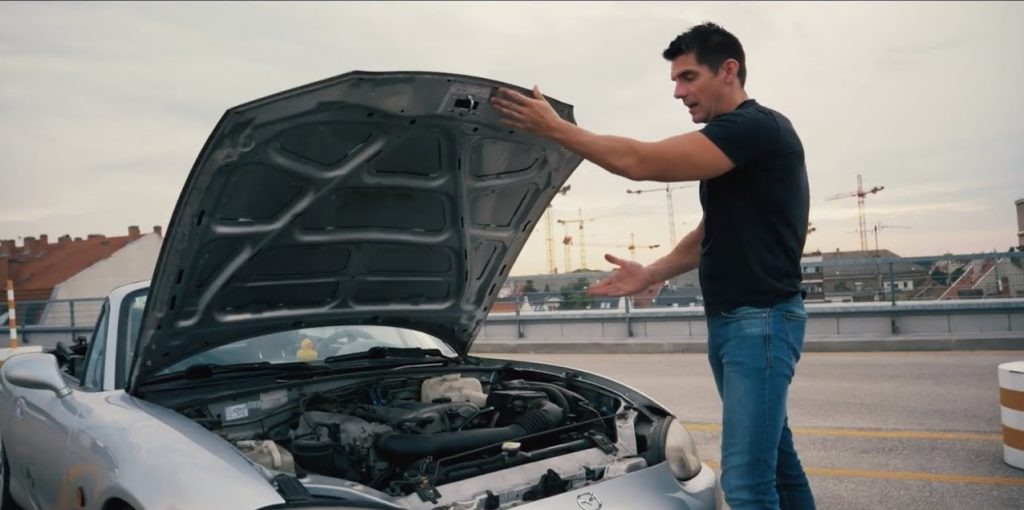
If the bearing on the rod is bad, it will make a considerable amount of ticking sound. The noise comes from the rod that is forced to move by a bad bearing.
Unlike most of the ticking noises, there won’t be temperature changes on the engine. However, the RPM of your engine will be affected.
To fix this problem, you need to fix the rod on the knocking problem by rebuilding your motor. This saves you from most of the noises that you will hear from the rod due to the moving bearing.
5. Defective Valves
Valves that are not adjusted causes ticking sounds. So, when you hear some ticking noises from your engine, you might want to check the valves first.
When your engine is running, the valves open and close. The valves move very fast in a short distance. So, when they aren’t adjusted rightly, they move to make ticking sounds in the engine.
6. Damaged or Loose Engine Fan
Damaged or Loose car engine fan could be a reason why you will hear excessive engine tapping or ticking noises. To find out the problem, a visual inspection would be enough.
To inspect the damage, check the clips and bolts to see if any of them is loose.
Another way of knowing whether the fans are damaged is by looking at them. Check the radiator shroud or blades. When you find loose bolts, replace or tight the loose ones.
7. Bad or Cracked Spark Plug
Cracked or loose spark plugs cause ticking on your car engine. Therefore, when your engine is off, make a visual inspection.
If you find any of the sparks plus cracked, replace them.
If your spark plugs strip your cylinder threads, replace them before they cause any further damage to your car cylinder.
8. Normal Wear and Operating Noise
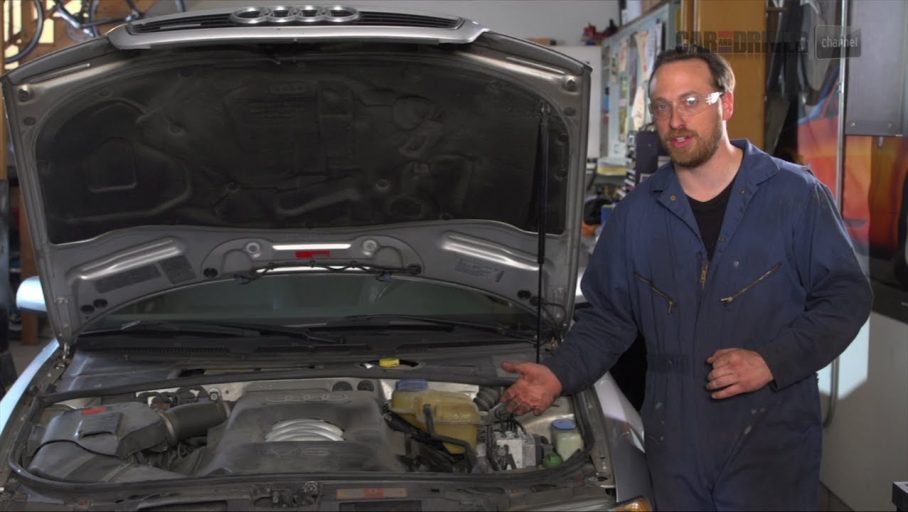
We already mentioned that some noises are nothing to worry about. The tick in your car engine could be a normal sound for your running engine.
Some of the noises you will hear from the normal engine operations. For example, the fuel injectors will make some ticking noises as their valves open and closes.
Another ticking sound will be heard from an exhaust manifold leak. As pressure rises in your car engine, you will begin hearing ticking noises coming from your engine. This ticking is more if your exhaust pipe system has a crack or leak.
Most of these noises are nothing to worry about. All you need to do is to soundproof your car engine and say goodbye to the noises.
Read this article and learn simple and effective ways to soundproof your car engine.
What To Do If Your Engine is Making Clicking Sounds
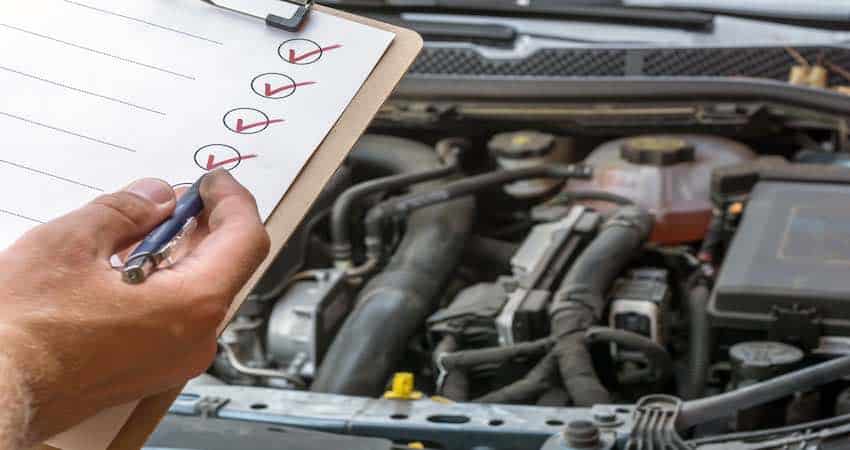
Not all clicking sounds you will hear from your car are something to worry about. Some of these noises are normal operations of your engine. So, do the following once you notice any sound from your car engine.
- Consult a Qualified Mechanic
Take your car for routine check-up and maintenance. A qualified mechanic will be able to identify and fix the issue that is on your car engine.
Unless you are an engine expert, don’t try to fix the sound on your own.
- Soundproof Loud Engine noises
Your car engine will make some noises as it operates. It’s important to note that not all noises need soundproofing. The good thing is that you don’t have to worry about the noises. You can soundproof them and say goodbye to annoying clicking sounds.
Parting Shots
At some point, you will hear some strange noises from your engine. This could signify a problem in your engine, or there could be no issue at all.
However, once you notice any noise, it’s important first to understand it. Identify where it is coming from and why you hear it. Once you identify the noise, you will know the best way to deal with it.
Some noises will require you to soundproof them while others will need you to fix the problem that is causing them.



